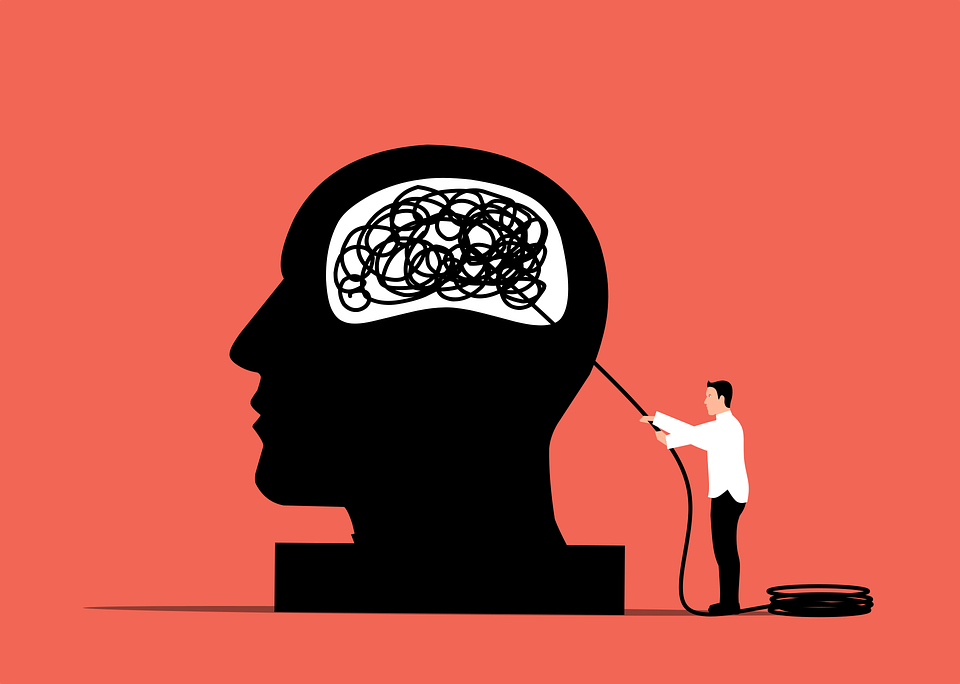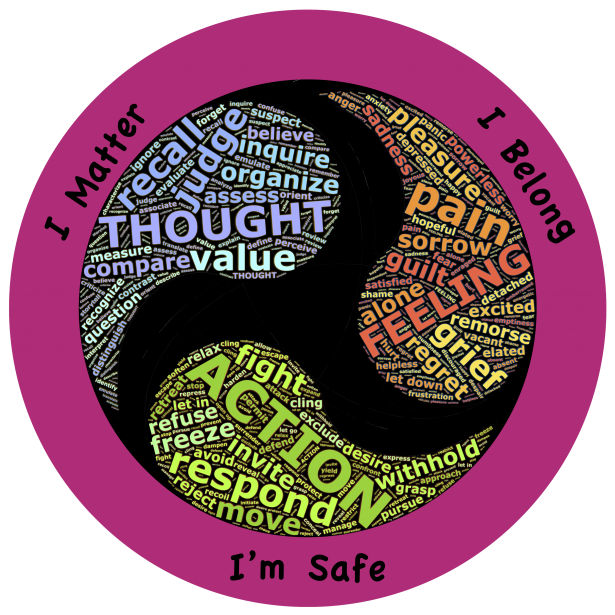Substance Use and Addiction
“I’ll stop next week ….”
“I can quit anytime I want!”
“Yeah, it gets out of control sometimes…”
“I’m sorry I did that….”
If any of the above statements are something you have said to yourself, then there may be a good conversation to have about the way substances show up in your life. Regardless of the substance, life doesn’t have to be centered around use. Let’s work together to see how we can make a life worth living.
Are you struggling with 615-570-1190? Text us now at 615-570-1190 to get started.


Family Roles and Addiction
Not only does substance use affect the individuals using them but addiction and substance abuse affects families and relationships as a whole. It can often be confusing or frustrating for loved one’s watching someone struggle with addiction. The need for compassion and support remains just as high as there is often a fine lune many find between supporting and enabling a person when in active addiction so being able to have the knowledge, tools and support for family is just as important as the treatment for the person struggling.
Substance Use and Co-occurring Disorders
Many individuals who struggle with substance use also struggle with mental health conditions such as depression, anxiety, OCD, eating disorders and trauma to name a few. People may often say their use of substances is in an effort to help cope with some of their mental health symptoms and though it may seem beneficial and have fleeting effects, the long term ramifications of on-going substance use can be serious. There is a way to manage one’s mental health outside of substance use. Please feel free to reach out to us at any time to see how we may be able to help support you or a loved one.
Substance Use, Abuse and Addiction:
Oftentimes when people are seeking treatment they may still be contemplating if what they’re struggling with is actually a “problem”. One of the biggest questions people ask themselves and seek therapy for is “Am I addicted”? This is a question we can explore together as there is a difference between substance use, substance abuse and addiction. There are many different factors that are taken into consideration when trying to help someone distinguish where they or their loved one may fall on this continuum and that’s where we’re here to help.
Can I Get Addicted to This?

Below is a list of substances that some people find themselves struggling with and that there is treatment for. If you find yourself questioning your or a loved one’s use around any of these please reach out to see how we can be of support:
Alcohol: Beer, Wine, Liquor etc
Opiates: Hydrocodone, Percocet, Heroin, Fentanyl etc
Benzodiazepines: Xanax, Valium, Klonopin etc
Stimulants: Meth, Adderall, Cocaine, Ecstasy etc..
Hallucinogens: LSD, Mushrooms, Peyote
Inhalants: Paint, Computer Duster, Gasoline
Cannabis: Marijuana, Edibles, Dabs
Synthetic substances: K2, Spice, Bath Salts, Flakka, DMT
Kratom, ZaZa Red
Are you struggling with 615-570-1190? Text us now at 615-570-1190 to get started.
If you’re finding yourself at a crossroads and just don’t know where to start, give us a call, let’s see how we can help. There is no one size fits all approach to addiction treatment, in fact studies suggest the more individualized and evidenced-based care a person receives the higher the chance to maintain long term recovery.
